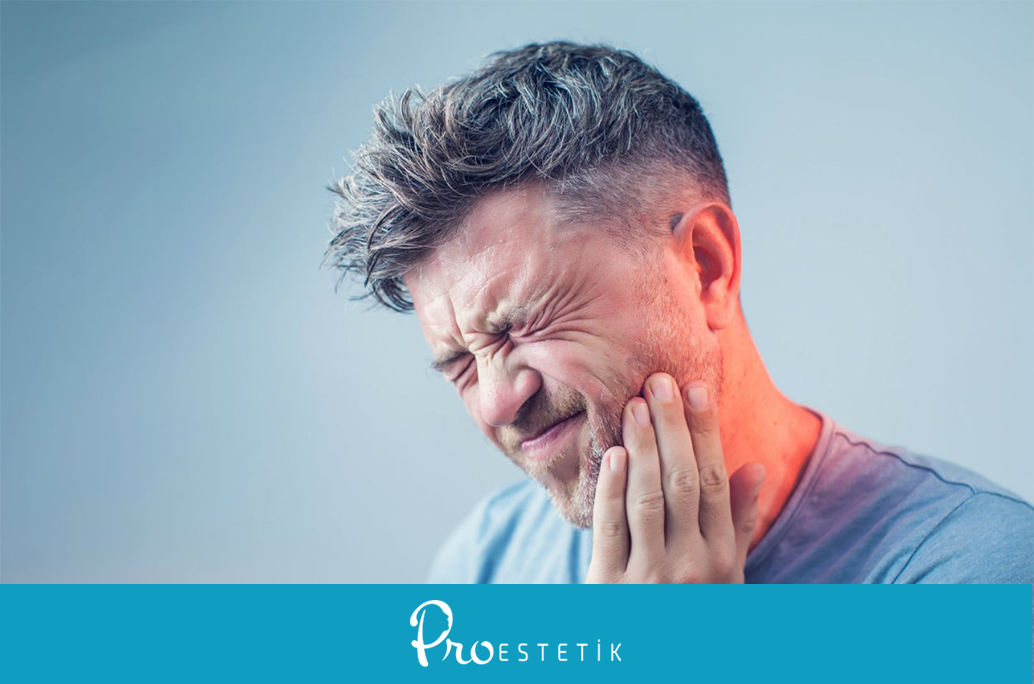Bruxism, commonly known as teeth grinding or clenching, is a condition where a person grinds, clenches, or gnashes their teeth. This involves locking the teeth together without the intention of chewing and results in the contraction of the muscles in the area.
Bruxism mostly occurs during sleep but can also happen when awake. Nocturnal bruxism is typically associated with sleep and is classified as a movement disorder. There's a distinction between nighttime teeth grinding and daytime teeth grinding.
Individuals with bruxism may experience jaw muscle tension, facial and jaw pain, or headaches. In mild cases of bruxism, spontaneous recovery may occur over time, but in more severe cases, it can lead to tooth damage and jaw structure issues.
Because bruxism often occurs during sleep, it may take time for individuals to notice the condition. Therefore, being aware of the symptoms of teeth grinding is crucial for initiating early treatment.
What Causes Bruxism?
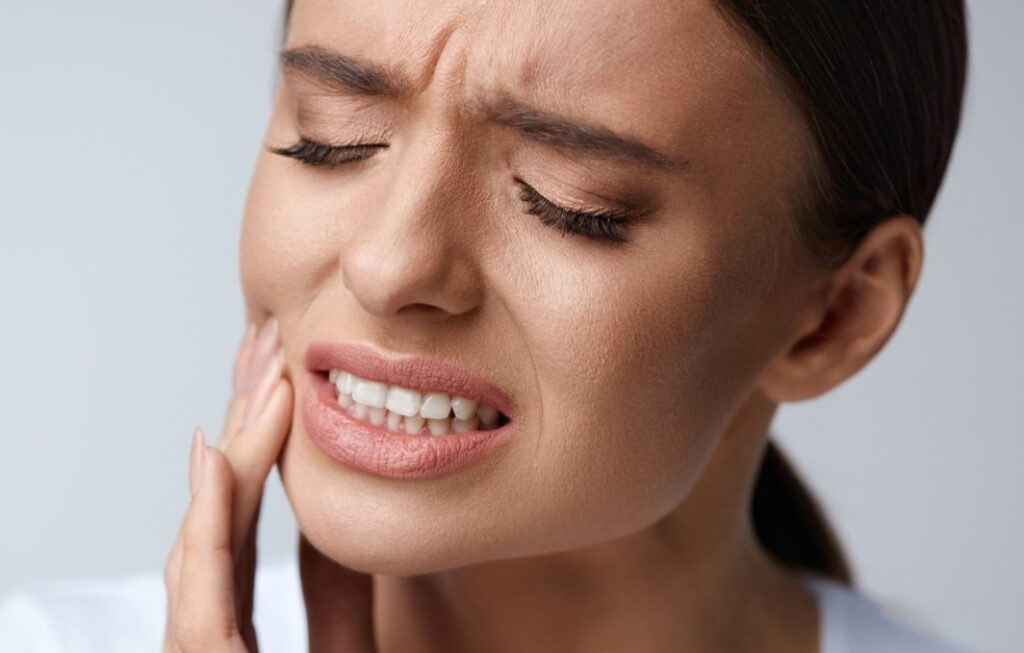
There isn't a definitive cause for bruxism as it can result from various psychological and physical factors. Individuals should observe their own condition and act accordingly. Common psychological and physical triggers for bruxism include:
- Stress, anger, anxiety, disappointment: Stress is a primary trigger for bruxism, as individuals may start clenching their teeth to cope with negative emotions.
- Malocclusion habits: Missing teeth or misaligned teeth can lead to teeth grinding.
- Smoking, alcohol, and caffeine: Regular consumption of tobacco, alcohol, or excessive caffeine can trigger teeth grinding.
- Sleep Apnea and Snoring: Irregular breathing during sleep can lead to sleep apnea, causing individuals to wake up frequently, snore, and disrupt their sleep quality, which can lead to bruxism.
- Medications: Some antidepressants with severe side effects can lead to teeth grinding.
- Parkinson's, Dementia, Epilepsy: These conditions can cause movement during sleep, leading to bruxism.
Symptoms of Teeth Grinding During Sleep - Grinding Teeth Unaware

Grinding teeth during sleep is a form of sleep disorder. Individuals may not be aware they grind their teeth while asleep, but the symptoms often manifest when they are awake. Commonly observed symptoms of bruxism include:
- Facial, jaw, and head pain
- Jaw locking
- Audible jaw movements
- Tooth wear (attrition)
- Earaches
- Sleep disturbances
- Irritation in cheeks and gums
- Severe toothaches
Symptoms of Teeth Grinding While Awake

Teeth grinding while awake is an unconscious behavior. Individuals don't typically gnash their teeth audibly, but there is tension in the jaw joint and muscles, leading to jaw and head pain.
If you notice any signs of teeth grinding, consult your dentist immediately.
Diagnosis Methods for Bruxism
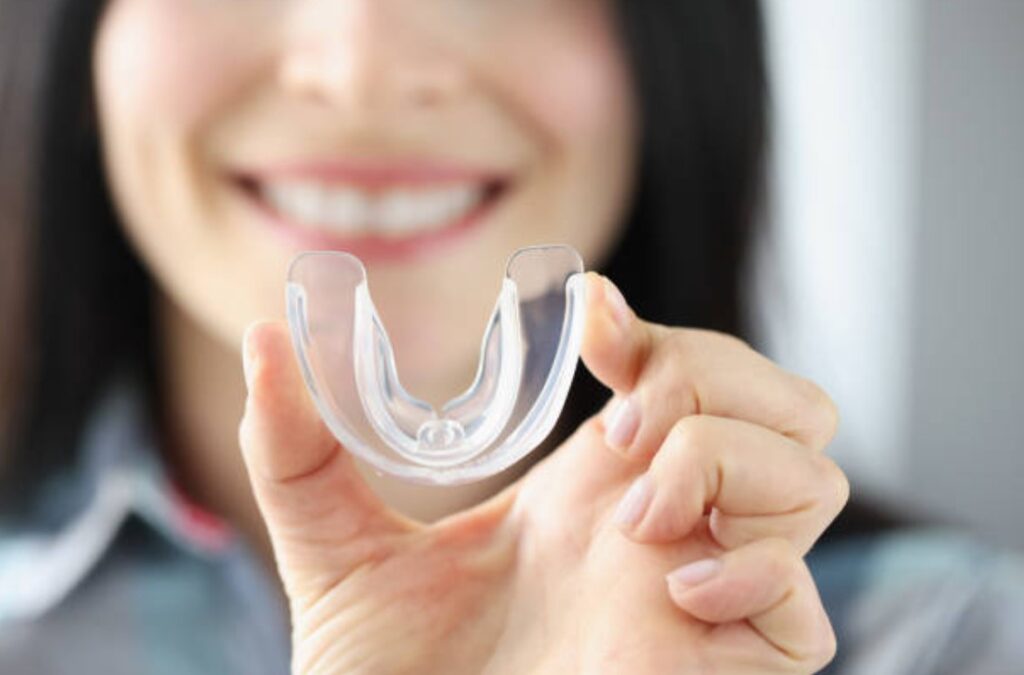
Since teeth grinding often occurs during sleep, it can be challenging for individuals to notice it. Dentists may identify signs of teeth grinding during routine dental exams. Points to consider during diagnosis include worn enamel, fractured teeth, and enlarged jaw muscles.
During diagnosis, your overall dental health, regular medication use, and sleep habits will be considered. If your dentist suspects bruxism, they will thoroughly examine the symptoms mentioned earlier to make an accurate diagnosis and initiate the treatment process.
Treatment Methods for Bruxism
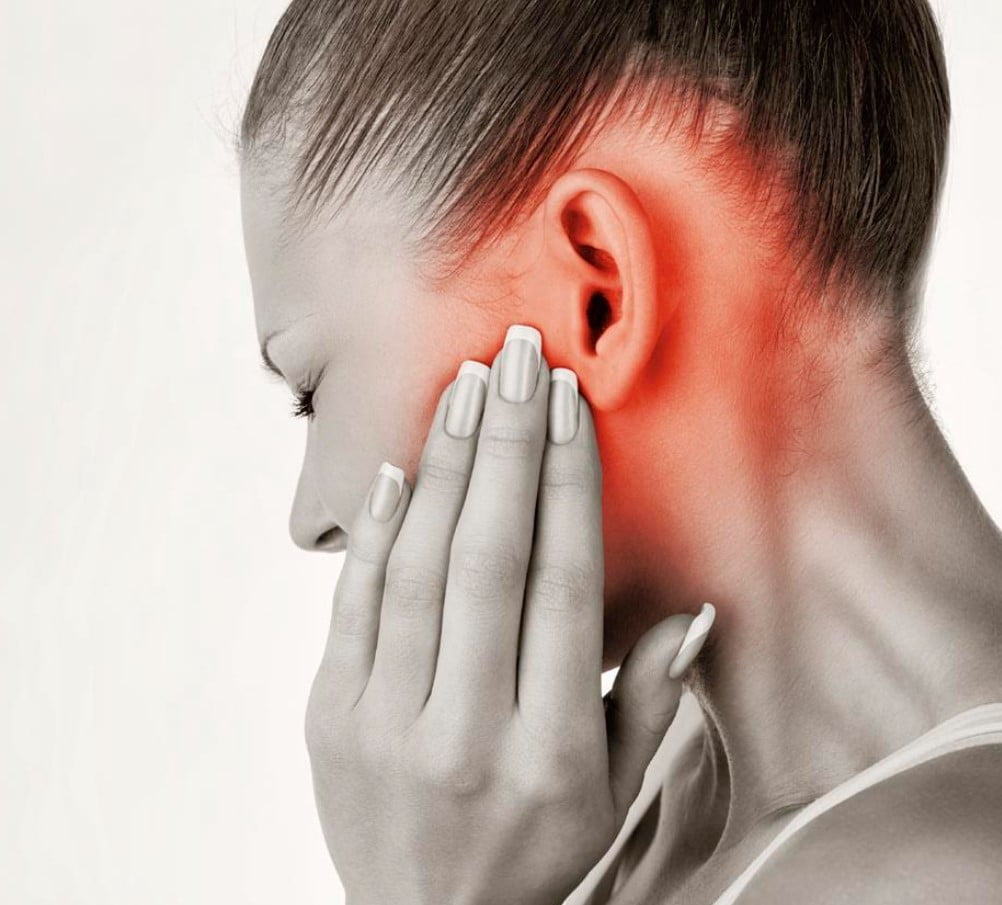
Bruxism treatment aims to reduce tooth and jaw pain and alleviate oral irritation caused by the condition. The most suitable treatment method is determined based on the severity of the condition and the patient's expectations. Primary treatment methods for bruxism include:
- Exercise: Individuals diagnosed with bruxism can perform exercises under dental supervision to control jaw muscle movements.
- Medication: Controlled medication can help reduce jaw swelling and pain. Some patients may also be prescribed muscle relaxants to ease tension. Short-term antidepressant therapy may be recommended for stress or emotional issues that could contribute to bruxism.
- Night Guards: Using a night guard can prevent teeth from touching during sleep, minimizing damage caused by teeth grinding.
- Botulinum Toxin (Botox): In severe cases of bruxism, masseter Botox injections may be preferred to prevent teeth grinding during sleep or while awake. However, this treatment isn't permanent and requires regular reapplication, making it more expensive than other options.
- Sleep Medicine Specialist: If bruxism is related to sleep problems, consulting a sleep medicine specialist is recommended. After an examination, the specialist can determine if the patient has sleep apnea or other sleep-related disorders and create a treatment plan to prevent sleep disruptions.
How to Prevent Bruxism?
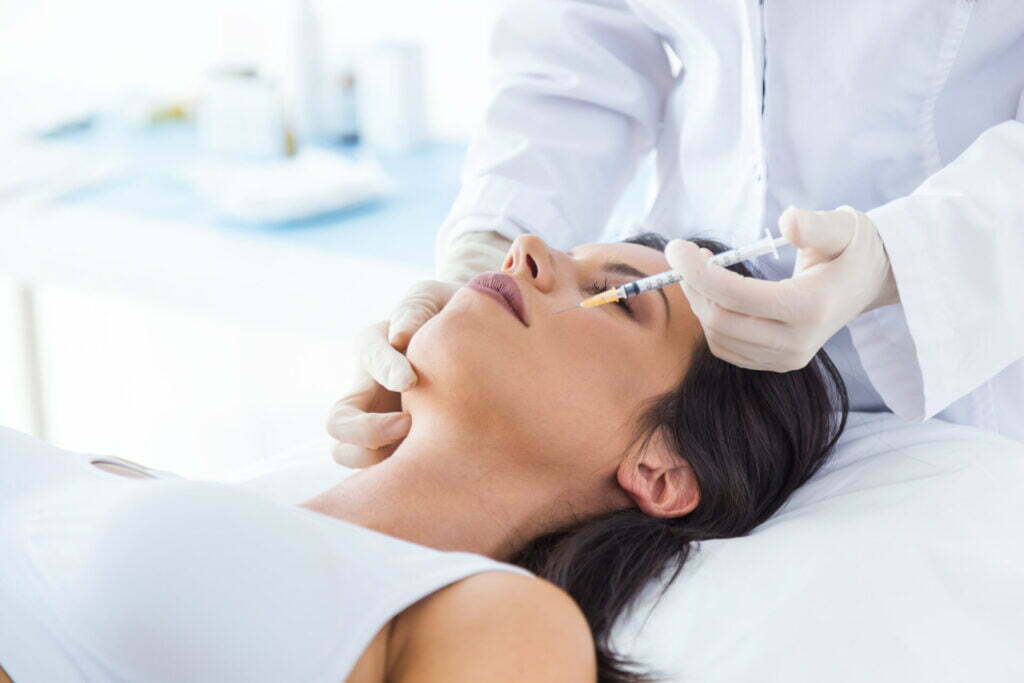
- Individual efforts can help prevent bruxism. Recommended preventive measures include:
- Stress reduction and positive thinking.
- Avoiding caffeine, tobacco, and alcohol as much as possible.
- Reducing gum chewing to prevent jaw strain.
- Practicing breathing exercises.
- Using night guards before teeth grinding starts.
- Seeking treatment if your teeth aren't properly aligned.
- Regular dental check-ups.
- Don't hesitate to seek support.
Bruxism Exercises

Bruxism, also known as teeth grinding or clenching, typically develops due to stress or anxiety but can also arise from different causes. This condition manifests as unconsciously grinding or clenching teeth. Bruxism can lead to issues like jaw muscle and teeth pain, as well as temporomandibular joint disorders.
Bruxism exercises aim to relax jaw muscles, reduce stress, and control teeth grinding. Some bruxism exercises include:
- Jaw Relaxation Exercise: Sit in a comfortable position without clenching your upper and lower teeth. Place your tongue on the roof of your mouth and relax your jaw. Slowly open and close your mouth without forcing it. Try to relax your jaw while stretching.
- Warm Compress Application: Applying a warm compress to the jaw area can help relax the muscles. Hold a heated towel or warm water bag on the jaw area for 15-20 minutes to relieve tension.
- Neck and Shoulder Exercises: There's a connection between jaw muscles and neck and shoulder muscles. Stretching and relaxing exercises for neck and shoulder muscles can help relax jaw muscles.
- Soft Tissue Stretching in the Mouth: Gently stretching your tongue and inner mouth tissues can help relax them. Move your tongue gently from side to side and up and down to stretch.
- Breathing Exercises: Taking deep, slow breaths can reduce stress. Focus on your jaw while breathing to relax the muscles.
- Mouth Exercises: Exercises like opening and closing your mouth and moving it from side to side can help stretch your jaw muscles.
Regularly performing bruxism exercises can help relax your jaw muscles. However, if you're experiencing severe bruxism problems, consult a dentist or specialist for their recommendations.
Conclusion
Bruxism, or teeth grinding, is a common condition that can lead to various dental and jaw issues. Understanding its causes, symptoms, diagnosis methods, and treatment options is crucial for effective management. Incorporating preventive measures and exercises can also help alleviate symptoms and promote overall oral health. If you suspect you have bruxism, consult a dental professional for proper evaluation and treatment.

 English
English Turkish
Turkish Deutsch
Deutsch العربية
العربية![[:en]What is Bruxism? How is Teeth Grinding Treated?[:tr]Bruksizm Nedir? Diş Sıkma Nasıl Tedavi Edilir?[:de]Was ist Bruxismus? Wie wird Zähneknirschen behandelt?[:ar]ما هو الصَّرْصَرة؟ كيف يُعالج الصَّرْصَرة؟[:] bruksizm nedir](https://proestetik.com.tr/wp-content/uploads/2023/02/bruksizm-nedir.jpg)




